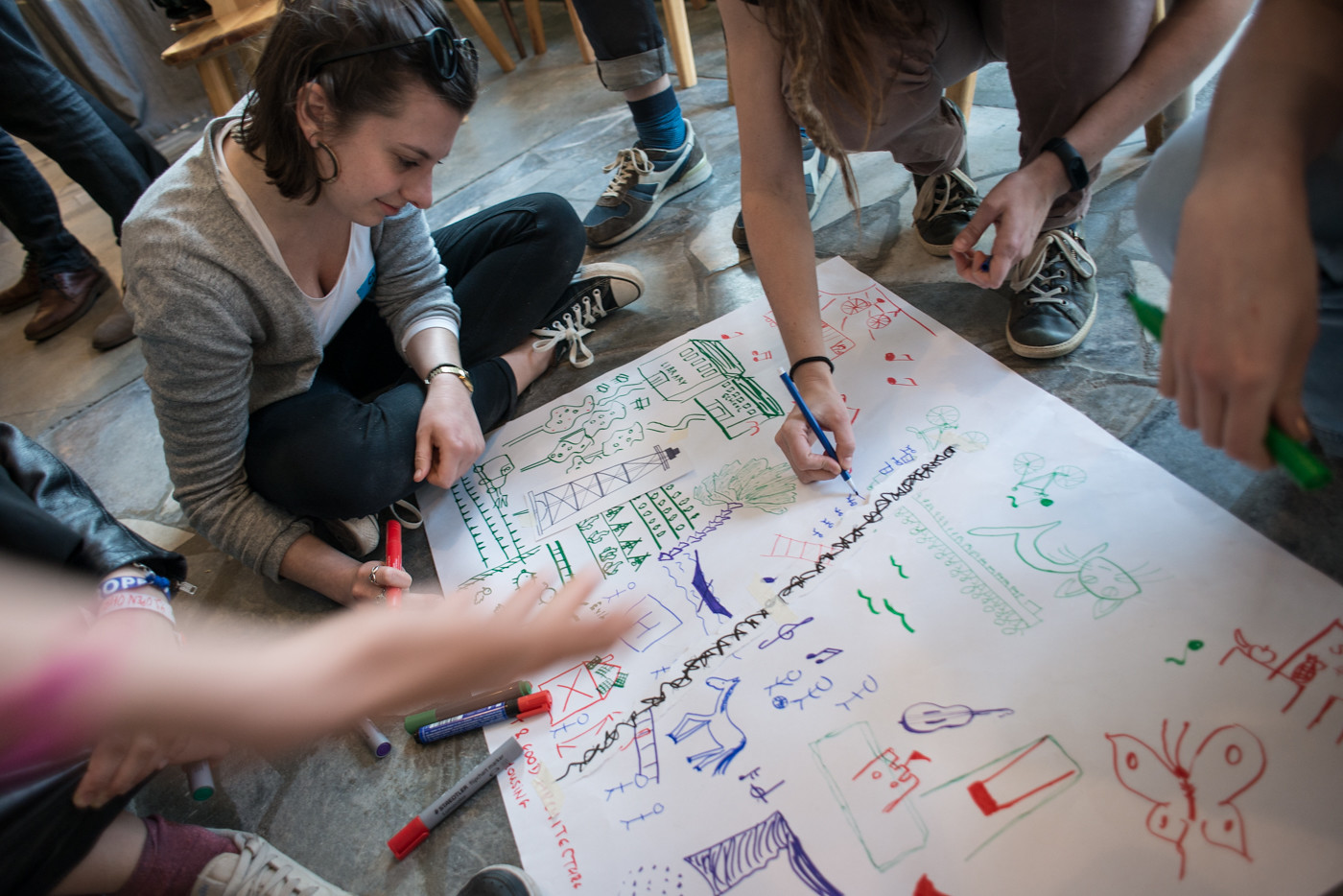With ACT4FreeMovement we campaigned for freedom of movement with EU citizens. ACT4FreeMovement stands for Advocacy, Complaints, Trainings for Freedom of Movement. The program main goal is to increase the capacity of EU citizens to effectively secure access to and knowledge of their rights, as well as build public awareness and political support for mobile citizen rights. To do so, the program employs a multilevel strategy involving: research to identify specific problems and to define good practices; EU-level advocacy through complaints to the European Commission and petitions to the European Parliament; training of free movement activists; and providing support for citizen-led grassroots campaigns on mobile citizen rights.
Freedom of movement and residence for EU nationals and non-EU family members is the fundamental right the most cherished across the continent. While a cross border move goes smoothly for many, there is still a large number of EU citizens that report facing significant difficulties when trying to exercise their free movement rights. In parallel, Brexit and the normalisation of far-right and nationalist discourses have contributed to the establishment of an hostile environment for EU citizens and non-EU family members, impacting the mobile citizens rights of all across Europe.
- ADVOCACY: the Advocacy component of the program involves campaigning and lobbying on to defend and expand free movement rights. The advocacy will benefit from identifying the trends in EU free movement rights violations in the last three years by searching the Your Europe Advice database which contains more than 21 000 enquiries per year from citizens who encounter difficulties when exercising their rights to free movement. This already lead to the production of a report on obstacles to free movement. An additional report will be produced on the best practices, i.e. administrative measures that address freedom of movement infringements on national contexts.
- COMPLAINTS: the Complaints component of the program aims to file complaints to the European Commission and petitions to the European Parliament, aiming at concretely address certain sets of free movement rights to the European institutions. Six complaints will be prepared by EU Rights Clinic on EU entry and residence rights. Six additional actions will be prepared from the Good Lobby which can include issues such as Roma rights mobility, political and democratic rights, access to social welfare and unemployment, recognition of same-sex marriage, loss of EU citizenship post-Brexit, etc.
- TRAININGS: the Trainings component of the program aims to organise a series of four trainings for citizens and activists concerned by the violation of EU mobile citizens rights across the continent. The trainings will physically take place in Warsaw, Madrid, London and Florence over a period of 10 months. The objective of the training series is to provide knowledge on the legal framework of freedom of movement, the tools to find information and enforce their EU rights, and to develop the campaigning skills of the participants grassroots campaigns advocating for the defence of free movement and EU mobile citizens rights.
CAMPAIGNS
Following to the ACT4FreeMovement training series, 16 activists have been awarded a grand to secure access to and knowledge of the rights EU citizens and non-EU family members and build public awareness and political support for mobile citizen rights.








COMMUNICATIONS
Regular articles and interviews are published on the transnational online magazine Political Critique to raise awareness on the violations of free movement rights of marginalised EU citizens – workers, non-EU third country nationals, etc.
- The blame will always lie with the dead, Vaclav Drozed
- Humanitarian smugglers, fraternité, and European citizenship, Janina Pecsinski
- Participatory democracy already exists beyond the nation-state, Petar Markovic
- Bloody Foreigners. Meet the migrants tackling xenophobia in Ireland, Interview with campaigner, Teresa Buczkowska
- Migration is key to political fights in the 21st century, Interview with lawyer, Volker Gerloff
- Seeing the light in dark times, Antje Scharenberg

Countries Involved
Europe
Duration of Project
2017 - 2018



